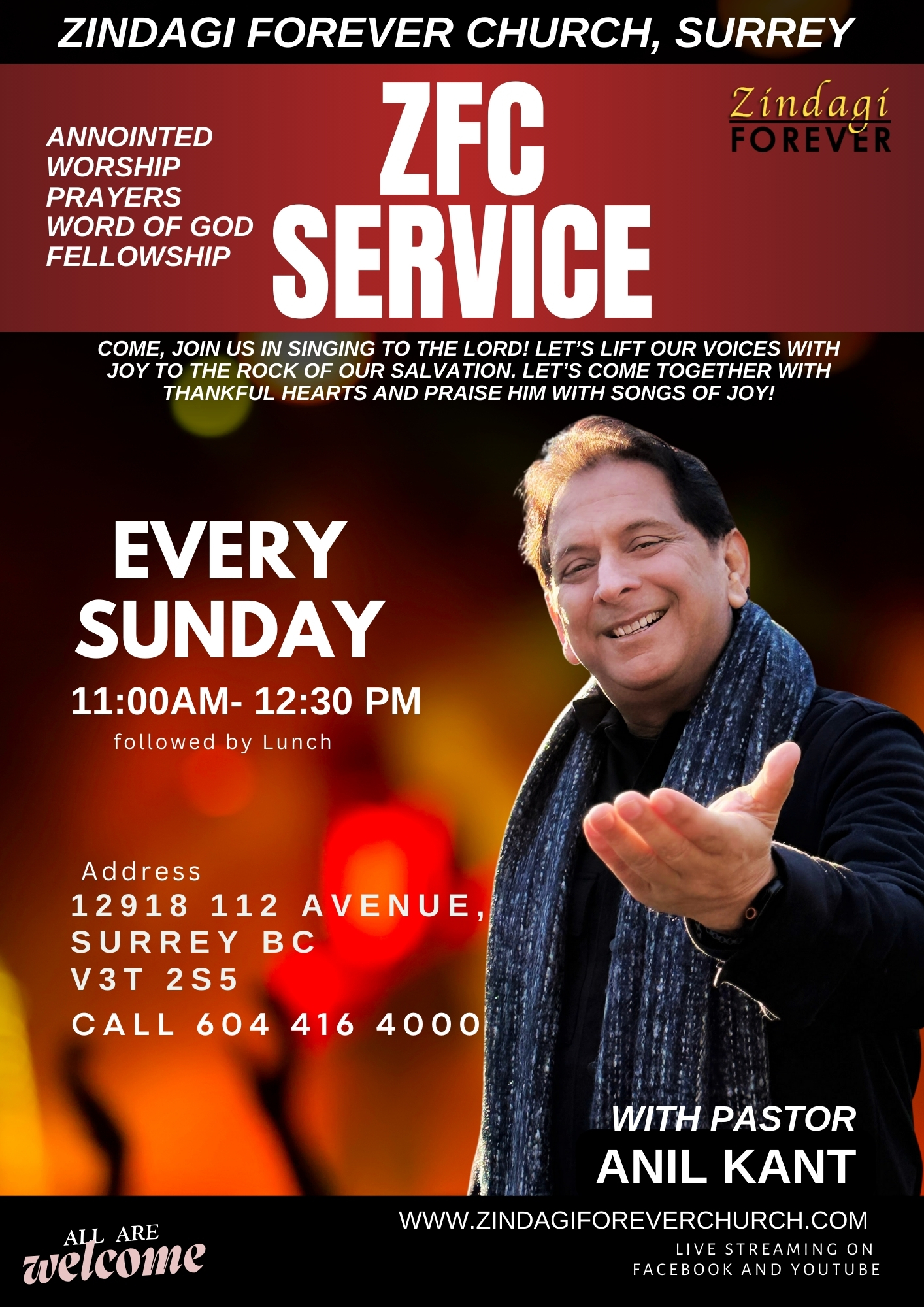VANCOUVER: Unifor welcomed an announcement Wednesday by the federal and provincial Ministers of Transportation about wait times at Vancouver ports that upholds the principles outlined in the March 26 joint action plan. Agreed upon after weeks of further negotiations, Mediator Vince Ready’s recommendations will soon be implemented at Vancouver-area sites.
“This announcement clears the way for wait time payments to start flowing freely to truck drivers despite the efforts of some groups to obstruct the plan for stability,” said Gavin McGarrigle, Unifor’s BC area director.
Years of inaction on wait times, undercutting, and pay rates boiled over into a month-long strike by container truck drivers in March 2014. Only a negotiated settlement broke the impasse after truck drivers vowed to disobey forced-work legislation introduced by the BC government.
“We believe this announcement should send a strong message to all stakeholders that the joint action plan will be fully implemented and that stability is preferred to chaos,” added McGarrigle. “It’s time for those opposing this plan to get with the program and realize that the days of undercutting and downloading costs onto drivers are over.”
Unifor was founded Labour Day weekend 2013 when the Canadian Auto Workers and the Communications, Energy and Paperworkers unions merged. With more than 300,000 members, Unifor is Canada’s largest union in the private sector.
IN March, truck drivers had reached an agreement with the federal and provincial governments and Port Metro Vancouver after intense bargaining.
“We have been clear from the very beginning that negotiation is the only way to achieve labour peace,” said Jerry Dias, Unifor National President. “We were not going to have a plan imposed on us. Respect for workers’ rights and good faith negotiation is what is in the best interest of workers and the broader public. We were not going to be moved on this.”
Unifor said that the involvement of the premier’s office was important to breaking the impasse.
“From the beginning, we knew that negotiation was the only want to end this dispute,” said Jerry Dias, Unifor National President. “And we have said throughout this, that we were willing and eager to negotiate around the clock. We understood the significance of the work stoppage. We are frustrated that federal Transportation Minister [Lisa] Raitt did not share this understanding. This work stoppage was protracted because of the unwillingness of minister Raitt to participate in the necessary dialogue.”
Unifor-Vancouver Container Truckers’ Association (VCTA) collective agreement expired in June 2012. During that time, the union had been raising concerns that long line-ups and wait times at the Port of Vancouver were costing truck drivers money. Unifor-VCTA called for increased rates of pay and wanted the rates standardized and enforced across the sector to put an end to under-cutting.
“This is an agreement that working truckers can be satisfied with,” said Paul Johal, Unifor-VCTA president. “We were also in this position in 2005, so enforcement will be critical to keeping the ports open.”
Vince Ready will still be conducting an independent review of the sector.








